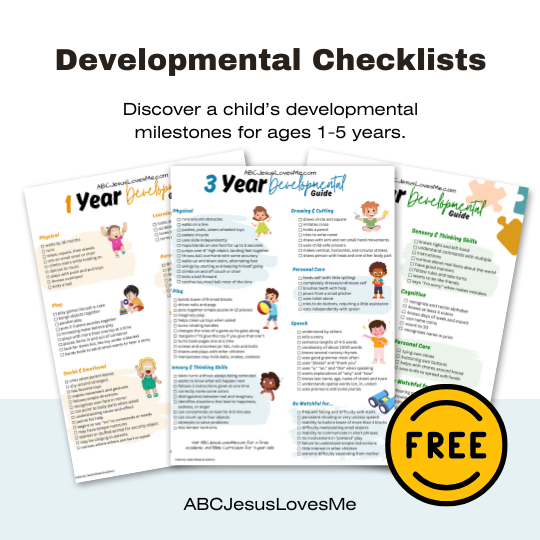A listener to the Parenting to Impress podcast, raised an insightful question: “How do I know if my home has structure? Is there a right or wrong amount?” Structure seems abstract, but I believe there are a few hints to gauge your family’s structure. And be sure to read until the end, where I offer guidance for parents who are providing structure but still find their children resisting it.
Read this podcast episode’s transcript.

What Is Structure in a Family?
When I think of a family who eludes structure, I think of a home that provides consistent, firm, and loving boundaries. Obedience, at its core, is a heart issue. It’s not just about following rules; it’s about learning to honor and respect authority. Just like adults are called to obey God out of love, a structured family expects children to learn to obey out of trust and respect.
Obedience: Modeled by Christ
Obedience is something we see modeled throughout Scripture. Philippians 2:8 says that Jesus “became obedient to the point of death, even death on a cross.” If Jesus, the Son of God, humbled Himself in obedience, how much more should we be modeling and teaching our children the importance of obedience in their daily lives?

Training at Home for Life Outside the Home
One of the most important things to remember is that structure and obedience starts at home. If we want our children to obey in Sunday school, at the grocery store, or at a friend’s house, we need to teach those behaviors in the safety of our own homes. With age-appropriate expectations and consistent practice, even wiggly kids can learn to sit in a restaurant (without an electronic device), come when called, hold still for a diaper changing, listen during library time, and participate in new things. Start small, be patient, and understand that it’s a process. Grace and truth training takes time and repetition, but the rewards are worth the effort.
Consistency Is Key
One of the biggest challenges we face as parents is consistency. It’s so easy to give in when we’re tired or distracted, but inconsistency only confuses children. When kids know that we will follow through they feel more secure. Before you request something of the child, think “Am I willing to follow through if the child refuses what I told them to do?”
Let’s face it, it’s easier to parent from the armchair. But getting up, engaging on the child’s level, and being consistent helps build a home where obedience is the norm, not the exception. This will show up outside the home as well.

When Free Will Comes into Play
But even when we create a home filled with structure, there will be times when our children choose not to obey. That’s where free will comes into play. Just as we have the choice to follow God’s will, our children will ultimately have to make their own decisions. This can be tough to swallow as a parent, but it’s a necessary part of their growth and faith journey.
If you are raising a child whose behavior leaves your disappointed and embarrassed, I especially invite you to listen to the podcast because I have some encouragement just for you.
It’s also important to acknowledge that no child—or parent—is perfect. We all make mistakes, and that’s okay. What’s important is that we keep coming back to God’s grace. Parenting isn’t about producing perfect children but about raising children who understand the value of obedience, respect, and love.

Free Developmental Checklist
Are your expectations matching your child’s development? Understanding your child’s milestones is crucial for providing the right structure, support, and play during these formative years. Get your free checklist using the links below:
- 1 Year Developmental Checklist
- 2 Year Developmental Checklist
- 3 Year Developmental Checklist
- 4 Year Developmental Checklist
- 5 Year Developmental Checklist
